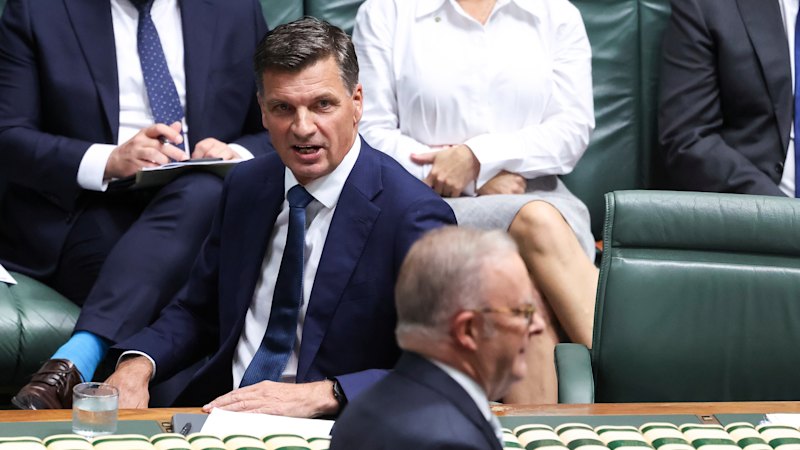
In a saga that has unfolded over several years, a misinterpreted financial figure regarding Australia’s path to net zero emissions has sparked significant political debate and public confusion. The figure, initially introduced by the Net Zero Australia (NZA) project, suggested that achieving net zero by 2060 would require an investment of $7 to $9 trillion. However, this number has been widely misrepresented as the direct cost to Australian taxpayers, fueling political rhetoric and policy debates.
The controversy began in April 2023 when NZA, a collaboration between academic institutions in Australia and Princeton University in the United States, released a report estimating the capital required to transition to net zero. The report emphasized that this investment would largely come from international sources and not directly impact Australian taxpayers.
Origins and Misinterpretations
In May 2023, during a presentation of the report, NZA director Professor Michael Brear clarified that the $7 to $9 trillion figure was not indicative of energy bills for Australians. Instead, he highlighted that most of this investment should come from international customers through export contracts, presenting it as an opportunity rather than a burden.
Despite these clarifications, the figure quickly became a political tool. In July 2023, Nationals MP Barnaby Joyce cited the $7 to $9 trillion figure in a television interview, framing it as the alternative cost of renewable energy. This narrative continued to gain traction, with other politicians and groups using the figure to criticize net zero policies.
Political Exploitation and Public Confusion
By 2025, the figure had become a staple in political discourse. In August, Andrew Hastie, then-shadow home affairs minister, referenced the figure in an interview, urging the public to verify the report’s claims. Conservative campaign group Advance also used the figure in communications, suggesting that Labor’s net zero policy would impose a $9 trillion burden on taxpayers.
Despite repeated clarifications from NZA, including a statement in November 2025 emphasizing that the investment would primarily be funded by overseas customers, the figure continued to be misused. Nationals leader David Littleproud and other party members repeatedly cited the figure in media appearances and press releases, framing it as a direct cost to Australians.
Expert Opinions and Clarifications
Energy experts have expressed concern over the misrepresentation of the figure. According to Dr. Samantha Hepburn, an energy policy expert, the figure’s misuse obscures the true economic opportunities presented by the transition to net zero. “The focus should be on the potential for international investment and the economic benefits of leading in renewable energy,” she stated.
“The large majority of this capital investment should be underwritten by overseas customers and not by Australians,” NZA’s statement read, underscoring the potential for economic growth rather than financial burden.
Meanwhile, Energy Minister Chris Bowen has criticized the political exploitation of the figure, accusing opponents of spreading misinformation. In a parliamentary session, Bowen remarked, “The party of Menzies has become the party of Sky News frenzies,” highlighting the hyperbolic nature of the discourse.
Implications and Future Considerations
The misrepresentation of the $9 trillion figure has significant implications for public understanding and policy-making. It underscores the challenges of communicating complex economic forecasts to the public and the potential for such figures to be manipulated for political gain.
Looking forward, experts suggest that clearer communication and public education are essential to prevent similar misunderstandings. As Australia continues its journey towards net zero, the focus should remain on the opportunities for innovation, investment, and international collaboration that such a transition presents.
The debate over the $9 trillion figure serves as a cautionary tale about the power of numbers in political discourse and the importance of context in understanding economic projections. As the conversation around net zero continues, ensuring accurate representation of data will be crucial in shaping informed and effective policy decisions.







